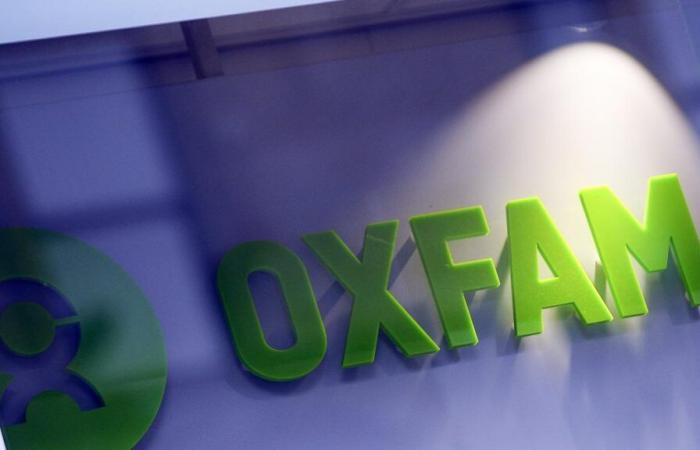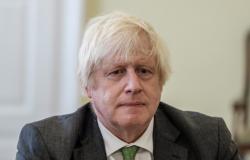Oxfam persists and signs: in a new report published this Monday, the NGO denounces once again the extreme concentration of wealth. Based on data from the international banking group UBS, Oxfam thus claims that the richest 1% hold more wealth than 95% of the planet’s inhabitants. The refrain, you will say, is well-known.
In this report entitled Multilateralism in an Era of Global Oligarchy (Multilateralism in the Age of Global Oligarchy) and published ahead of the general debate of the United Nations General Assembly, which is being held from September 24 to 30, the NGO wants above all to highlight – and contest – the “unprecedented control” exercised by billionaires over global economies and, as a corollary, “the rise of a global oligarchy”.
Also read
“Tax us,” say the richest. What are we waiting for?
According to the NGO’s estimates, the richest 1% own 43% of all global financial assets. Two companies alone control 40% of the global seed market. The three major US index fund managers, BlackRock, State Street and Vanguard, manage $20 trillion in assets, or nearly a fifth of all investable assets in the world.
The ultra-rich, often through their growing corporate monopolies, influence international rules and policy-making to enrich themselves, while hampering essential global progress, Oxfam said.
The UN platform carries less and less weight in a world where billionaires are in charge
“We often hear that great power rivalries are undermining multilateralism, but it is clear that extreme inequality also plays a major role. In recent years, the super-rich and powerful multinationals have used their considerable influence to undermine efforts to address major global challenges such as tax avoidance, ensuring access to COVID-19 vaccines for everyone, and cancelling sovereign debt burdens,” said Amitabh Behar, Executive Director of Oxfam International.
“The famous United Nations platform carries less and less weight in a world where billionaires are in charge,” he adds.
Amitabh Behar, on the contrary, advocates for “a fairer world and world order where businesses pay their fair share of taxes, where global public health is a priority and where all countries can invest in their own populations, benefiting each and every one of us” and refers, in particular, to the proposal of an annual global minimum tax for the ultra-rich by economist Gabriel Zucman, which is defended by Brazil and which will be on the agenda of the G20 summit in November.
Also read
Gabriel Zucman: “Do you think it’s normal that billionaires pay less tax than their drivers?”






